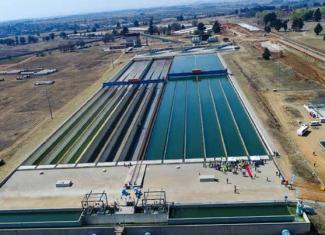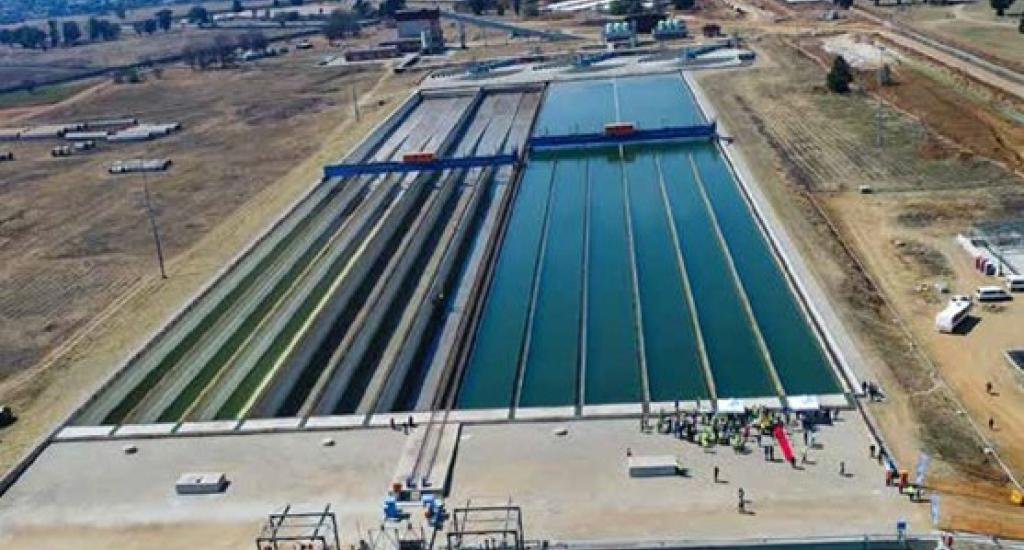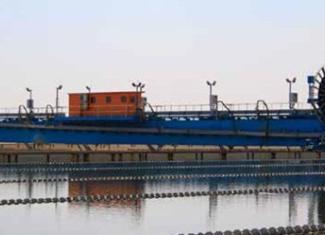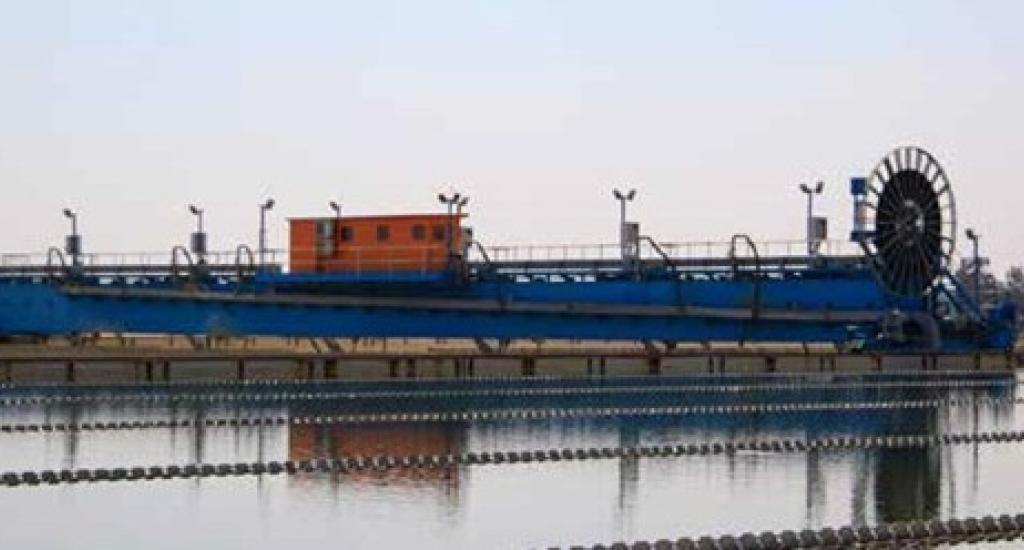From clean water to clean audits
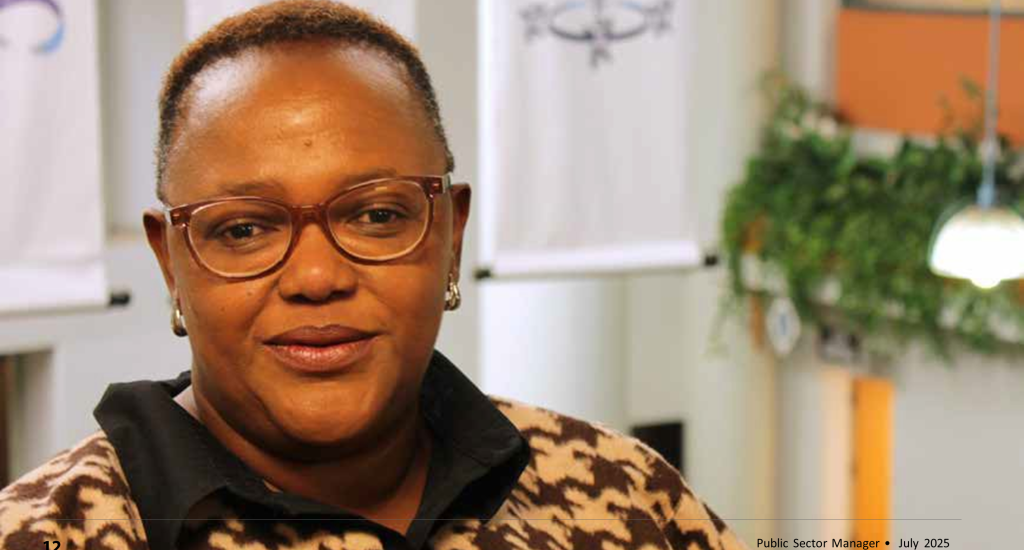
Sibongile Motloung’s role as Group Audit Executive at Rand Water allows her to influence change in ordinary South Africans’ lives through audit reports that drive improved service delivery.
As the largest bulk water utility in Africa and one of the largest globally, Rand Water provides bulk potable water to more than 11 million people across Gauteng, parts of Mpumalanga, Free State and North West.
Driven by a passion for creating societal change through her work, Motloung took up her current role in October 2022.
Her job involves ensuring an agile internal audit unit that adds value to the organisation. The unit supports senior management and provides advice on Rand Water’s projects.
“We do not want to perform an audit at the end of the project. Instead, we continuously advise senior management when we identify gaps during various project phases. This approach also applies to tender processes,” she explained.
Professional journey
Motloung is a certified internal auditor with a Bachelor of Commerce and Honours Degree in Commerce from the University of South Africa. She also holds a Post-graduate Diploma in Management with GIBS and recently completed an Executive Development Programme at Wits University.
She boasts over 20 years’ working experience as an internal auditor in the private and public sectors, having established her career at Anglo-American. She started as a human resources officer at the company and was appointed as a trainee internal auditor 18 months later.
“I instantly fell in love with the internal audit profession because I could see its impact on the professional environment and how it affects all other units,” she explained.
Before joining Rand Water, Motloung worked for various accounting firms and served as the Chief Executive of Internal Audit at the Wholesale and Retail Sector Education and Training Authority.
Joining Rand Water presented a different challenge for Motloung due to its much larger portfolio compared to her previous roles and the utility’s mandate, which she considers a responsibility of national significance.
“Providing water to citizens is a responsibility that cannot be ignored, and delivering internal audit services within the utility makes the role even more dynamic. Our unit is aligned to the organisation’s strategy,” she said.
Clean audits
To contribute to the smooth running of the utility, Motloung’s team reviews and validates reports submitted quarterly to the board chairperson before they go to the Department of Water and Sanitation (DWS).
The unit also employs a risk-based approach across various utility areas to assess processes and identify risks, ensuring that relevant employees implement necessary control measures to mitigate those risks.
The unit also collaborates with the Auditor-General of South Africa (AGSA) during audits and follows up on any findings issued by the AGSA to enable senior management to implement corrective measures and prevent recurring shortfalls.
Because of this proactive approach, Rand Water has continued to maintain clean audits for years, keeping it in good books with the AGSA.
Motloung attributes this success to the utility’s staff, including the highly knowledgeable finance team.
“This has been happening even before I joined the utility, and it was strengthened when Rand Water restructured and placed compliance officers in various units to ensure they verify transactions,” she said.
Additionally, Motloung said adhering to policies and legislation is paramount to ensuring that utility employees comply with requirements and deliver on their duties, which ultimately leads to achieving Rand Water’s overall mandate.
Innovations
Among the initiatives that help the unit to function effectively is the integrated audit method, which brings together different types of auditors to form one team.
Traditionally, the utility would have information technology (IT) auditors just focusing solely on IT, while business auditors worked separately, which could result in working in silos. To address this, the unit employs the integrated audit method to achieve better audit outcomes.
“This also helps colleagues transfer skills among themselves and continuously engage with the units we are auditing. Last year, we developed a data analytics strategy, which we are currently implementing. There are certain business areas where we run automated scripts and simply work with the results they produce.
“We also handle certain areas on behalf of the AGSA and simply hand over the files afterwards. This eases the business workload and helps complete yearly audits more quickly than before,” she explained.
Rand Water is also exploring the use of Artificial Intelligence (AI) as part of a three-year internal audit strategy that was approved in 2024 and is expected to be effective from July 2025.
She believes that auditors can no longer ignore AI, as it is already a reality. Embracing it and adapting to the changing times has not only become a necessary but is the right course of action.
“We must acknowledge the utility’s position on AI because we cannot introduce our own tools that are not acceptable under the organisation’s policies, but we must embrace it. The internal audit function must be future-ready and tech-savvy,” she said.
For service delivery to improve across the country, Motloung advised public servants to always work according to policies and comply with legislation, describing this as the bare minimum they need to do.❖



